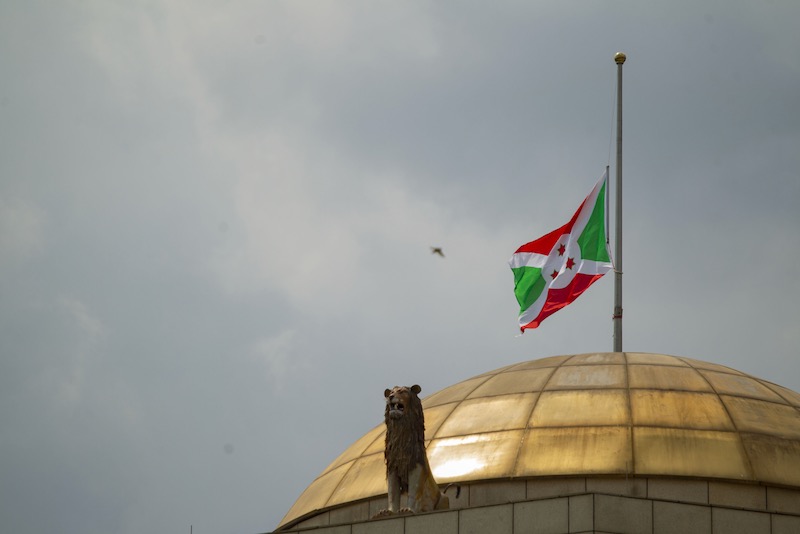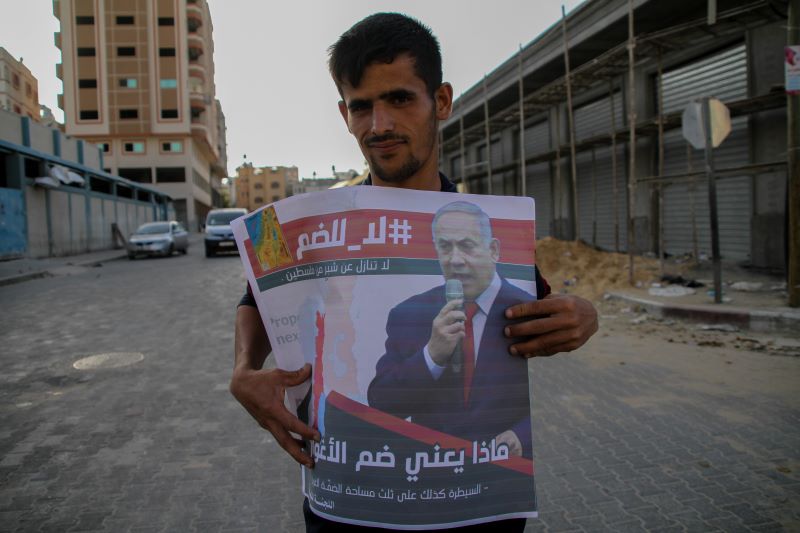The Cardinal Archbishop of Westminster, Vincent Nichols, and the Archbishop of Canterbury, Justin Welby, have both written to the Israeli Ambassador and the British Prime Minister, expressing their opposition to the proposed annexation of Palestinian land by Israel later this year.
These letters followed the recent statement from leaders of Holy Land churches that the Government of Israel’s proposed action would “bring about the loss of any remaining hope for the success of the peace process.” This warning, issued on May 7, was signed by 13 Christian leaders, including the heads of the local Greek Orthodox, Catholic and Coptic churches.
The Israeli government recently announced that beginning in July, parts of the West Bank would be unilaterally annexed by Israeli armed forces. These proposed annexations, promised by the Israeli premier Benjamin Netanyahu during his election campaign, have been heavily criticised by humanitarian organisations and the international community. A particularly controversial aspect of the plans has been Netanyahu’s promise that Palestinian living in annexed areas would receive neither Israeli citizenship nor residence rights.
Although Israel has occupied the West Bank since 1967, commentators have warned that an official take-over of the region could inflame tensions across the middle east. Palestinian leaders have warned that the moves would void existing security arrangements and treaties between the two nations, and neighbouring countries like Jordan have suggested annexations could spark a much wider conflict.
Nichols and Welby both emphasised that they “support the fundamental right of Israel’s citizens to live in peace and safety” but that they believed this to be possible only through a negotiated peace. Both Israelis and Palestinians must live without violence or the threat of violence, the Cardinal and Archbishop stated.
Compounding the situation in Israel and Palestine has been the coronavirus outbreak in the region, which has continued to undermine economic and social stability in both nations.
Currently, there are 653 confirmed cases of COVID-19 in Palestine, including 583 in the West Bank. Five deaths have been confirmed as resulting from COVID-19 in the Palestinian territories: four in the West Bank, and one in Gaza. On 3 June, Mahmoud Abbas, the Palestinian President, announced the extension of a "state of emergency" originally declared on 5 March this year.
In Israel, there have been 17,915 confirmed cases of COVID-19 and 295 deaths. On 9 June the government announced that the easing of restrictions that had begun a week prior would be immediately halted after a sudden spike in infections.



 Loading ...
Loading ...